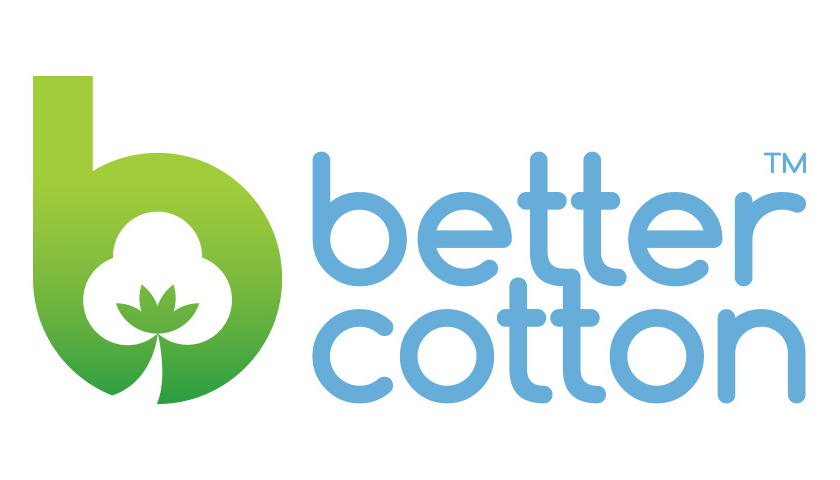Better Cotton is piloting innovative traceability technologies from Retraced, TextileGenesis, Haelixa and Tailorlux within India’s cotton supply chains to determine the best way to boost transparency across cotton supply chains.
Conducted in collaboration with companies including C&A, Marks & Spencer, Target, and Walmart, the project will see each technology track cotton as it moves throughout the supplier networks of participating brands and retailers.
This will build on Better Cotton’s ongoing work to revise its Chain of Custody (CoC) model and revolutionise traceability across complex cotton supply chains. In practice, it will help establish greater visibility of the journey cotton takes from field to fashion and provide an opportunity to test advanced solutions ahead of Better Cotton offering traceability at a limited scale this year.
Both digital and physical traceability solutions are being deployed in discrete cotton supply chains to assess their performance, with the results set to inform the scaled direction of Better Cotton’s traceability programme. Digital traceability is being provided by leading platforms, Retraced and TextileGenesis. Better Cotton is also trialling two additive tracers, Haelixa and Tailorlux, before determining the potential of each solution.
There are over one million Better Cotton farmers in India, and it is one of the largest producers of Better Cotton globally. However, domestic supply chains are amongst the most complex in the world and are far more fragmented than in other regions. Until now, it has been difficult to get a holistic view of traceability in the supply chain. Better Cotton’s new traceability system will need to align and eventually go beyond the capabilities of existing traceability solutions to provide full end-to-end visibility.
With physical traceability, Better Cotton will be able to verify the provenance of certified materials with greater accuracy. This pilot programme will expand upon Better Cotton’s Chain of Custody framework that incorporates the concept of “mass balance” – a widely-used volume-tracking system. Mass balance allows Better Cotton to be substituted or mixed with conventional cotton by traders or spinners along the supply chain while ensuring that the amount of Better Cotton sold never exceeds the amount of Better Cotton produced. The new traceability framework will allow greater flexibility and visibility of the physical flow of cotton through supply chains as our network grows.
Alan McClay, CEO of Better Cotton said, “After consulting with our members across the supply chain and getting to grips with their needs and pain points, we’ve taken those learnings and tested solutions in India to bring traceable Better Cotton to life. What we’ve found is helping us to prepare to offer a scalable new system to our members as early as this year. Not only will this benefit our members, but it will benefit farmers who implement sustainable agricultural practices by ensuring they can continue to access increasingly regulated markets.”
Katharine Beacham, Head of Materials and Sustainability at Marks & Spencer said, “At M&S, we source 100% of the cotton for our clothing from more responsible sources, however, across the industry the global supply chain remains particularly complex. Since 2021, we have been proud partners working with Better Cotton to improve cotton farming globally. We’re delighted to be building on our partnership and trialling innovative new traceability solutions in India’s cotton supply chains, in order to revolutionise the wider industry.”
Better Cotton’s India traceability pilot activities are supported in part by the Verité STREAMS project, a traceability project funded by the U.S. Department of Labor under cooperative agreement number IL-35805.
